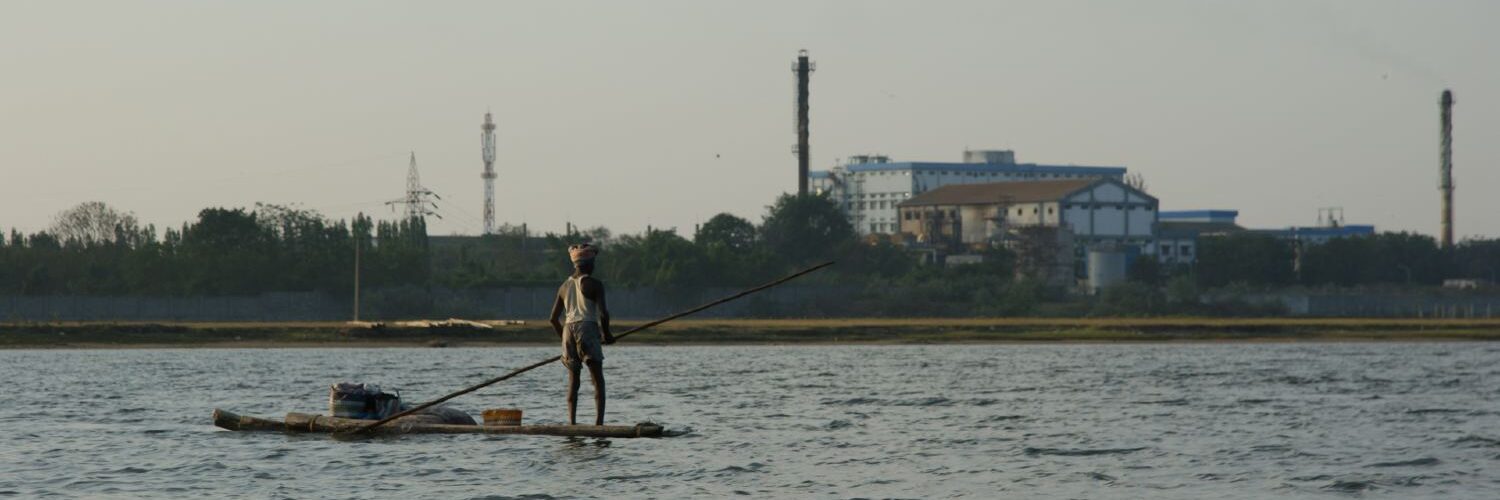15 January 2007
A.V.Ragunathan
The Hindu
Villagers form an outfit to resist move to set up units
CUDDALORE: Though a series of industries such as a ship building facility, a textile processing park and an oil refinery are scheduled to come up in the SIPCOT Industrial Estate here, people in the surrounding villages have voiced their opposition to the “mindless industrialisation of the region.”
The people of more than a dozen villages, including Periapattu, Poochimedu, Periyandikuzhu, Chinnur South, Indira Nagar, Pudhuchathiram, Vaandiyanpalayam, Chinnandikuzhi, Chinnur North, Silimbimangalam, Salangaikkara Street, Velingarayanpettai and Ayyampettai have constituted a new outfit “People Welfare, Water and Land Protection Association.”
Addressing a press conference, in the presence of a large number of villagers, here on Saturday, association president D.Devarajan and secretary N.Mahalingam, said the Government was bent upon setting up chemical and highly pollution causing industries on the Cuddalore-Chidambaram stretch.
They said industrialisation was being done at the cost of agriculture and marine life. They alleged that the indiscriminate disposal of untreated effluents had highly polluted the atmosphere and, subsurface as well as seawater.
Long-term impact
They said that in the perception of industrialists, Cuddalore was an ideal place for setting up units, because of the prospects of marine disposal, without paying attention to the hazards both immediate and long-term caused to fertile lands and marine life.
The discharge of effluents into the uppanar and the sea had already eroded fish yield, thereby affecting the livelihood of fishermen.
By acquiring hundreds of acres of cultivable land, agriculture prospects too were ruined in these areas.
No job opportunities
In terms of creating job opportunities, these units had not contributed much. Citing the instance of the proposed textile-processing park to come up on about 400 acres at a cost of Rs 500 crore, Mr, Devarajan pointed out that the project envisaged sinking of 12 deep borewells to the depth of 1,000 ft so as to draw 1.95 crore litres of water a day. If the ground water was exploited at this rate, the water table would deplete fast, thus turning the fertile land into fallow ones.
What the people preferred was the sustained development of their traditional pursuits such as farming and fishing.
